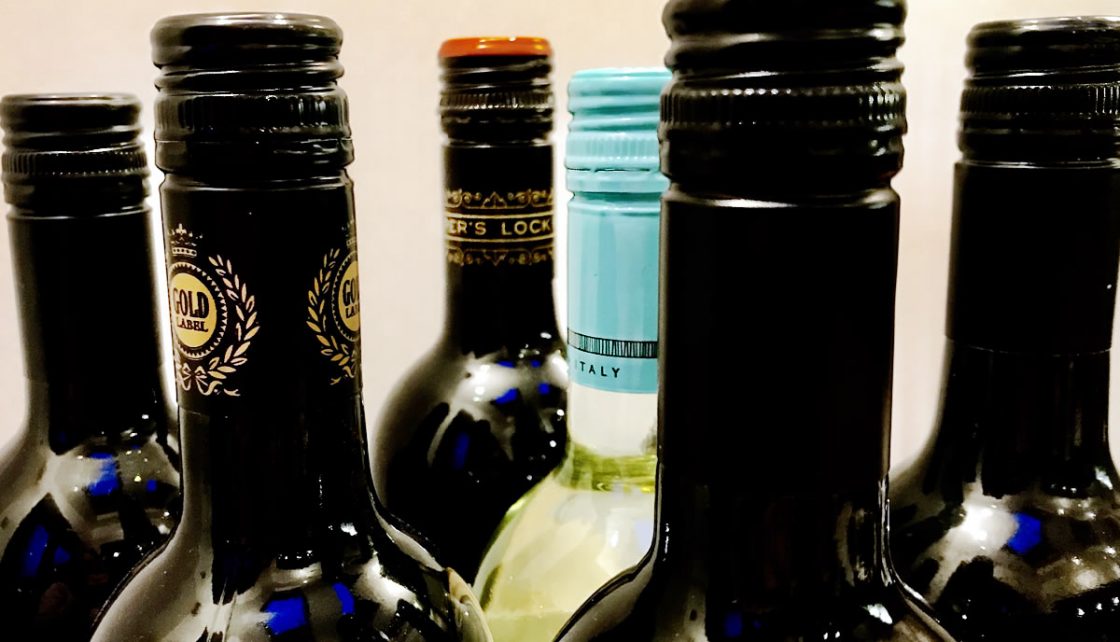You will undoubtedly have noticed that more and more medium-priced wine is being sold in bottles which are sealed with metal screw-caps instead of corks. You may have wondered why this is happening since, in the past, most people associated this type of closure with very cheap wine.
The problem with cork
The reason is that there is a problem with the world’s supply of cork, most of which comes from Portugal. A proportion of it, perhaps as much as 5%, is contaminated with a compound called 2,4,6-trichloroanisole, ‘TCA’ for short. A wine which has been unknowingly bottled with a cork affected by TCA is spoilt (and will not recover); it loses its appeal and acquires an unpleasant smell of rotting mushrooms, damp cardboard and fetid decay. Such a wine is said to be “corked” (nothing to do, by the way, with bits of cork in the wine).
Wine makers favouring screw caps
Winemakers don’t want this to happen to their product. So, many of them are now using screw-caps, (often called ‘Stelvin’), particularly for wine that is meant to be drunk young and fresh. Indeed, for this kind of wine, it is probably the best closure in any event. Leaders in the field are producers of New Zealand Sauvignon Blanc and Australian Riesling, but the French and many other wine regions are following suit – after all, they all want their wine to reach the consumer in the best possible condition.
When only cork will do
When it comes to wines intended for ‘laying down’ and maturing in bottle, it is a different matter. It has always been thought that an important part of this maturation is the very slow ‘breathing’ (oxygenation) which a wine does through the cork. It may be that this process would also happen under screw-cap – just much more slowly – perhaps too slowly. Experiments are under way. Watch this space!
Plastic corks are an alternative, but they have their own problems; they are difficult to extract and impossible to re-insert, and may dull the flavour of the wine.
Glass stoppers are being used in Germany and, so far, are very satisfactory.
Crown caps’ (beer-bottle tops) give a secure, air-tight closure. (All Champagne develops its sparkle and matures under this type of closure.)
If you'd like to discover more about wine, join us on one of our Good Wine Tours relaxed and informal wine breaks. They suit beginners to experienced. We also offer short courses and tastings through our Wine Education Service.
Share this Post



